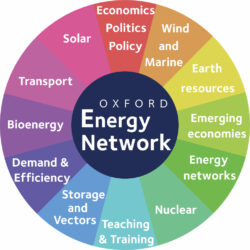Annual ONE Lecture: Power to the people: civic freedoms, climate justice and the century of the citizen

Civic freedoms and human rights are under attack in many parts of the world. At the same time, commitment to climate action feels frail, democracy seems weak, and the multilateral system is being dismantled.








